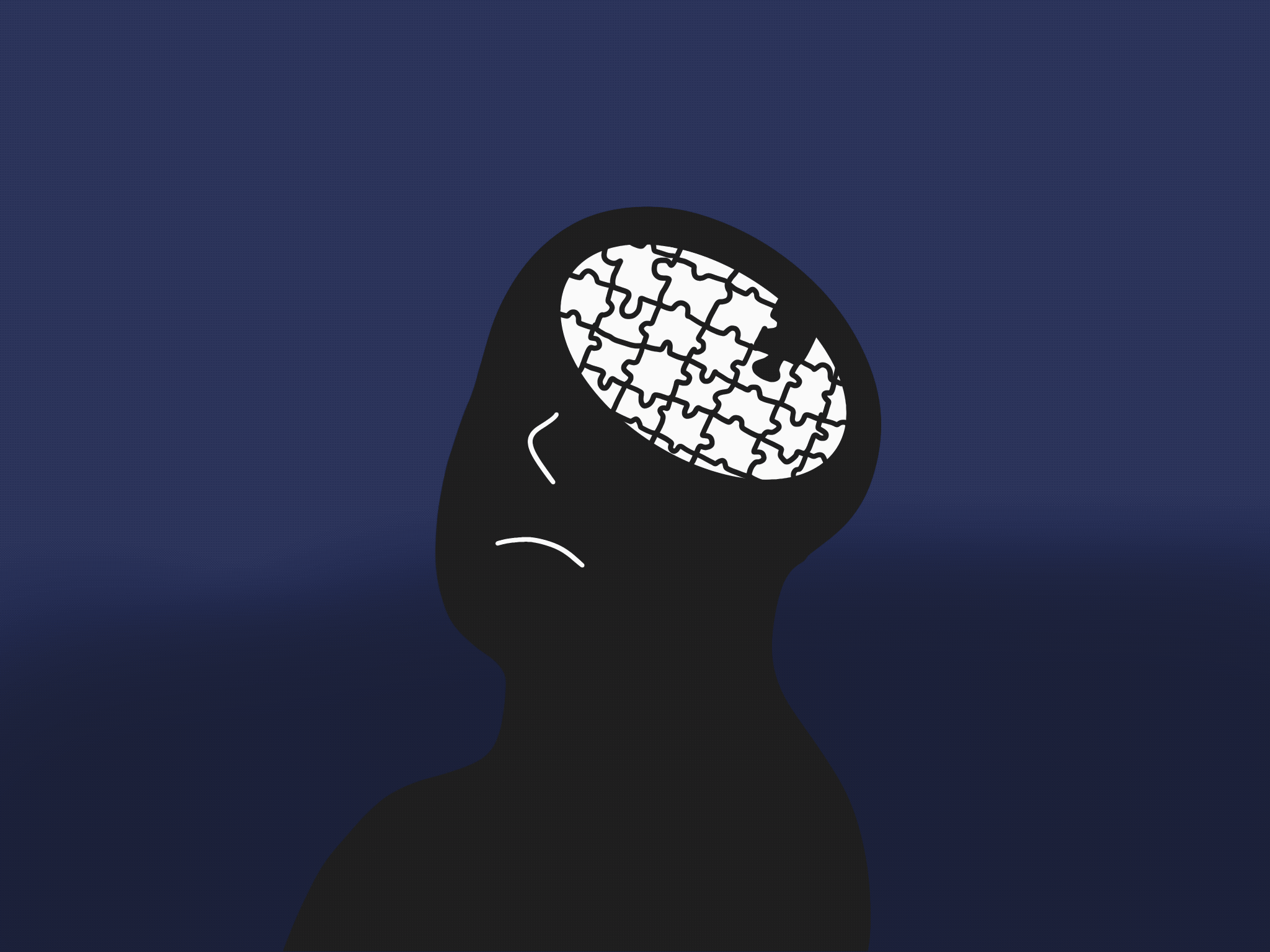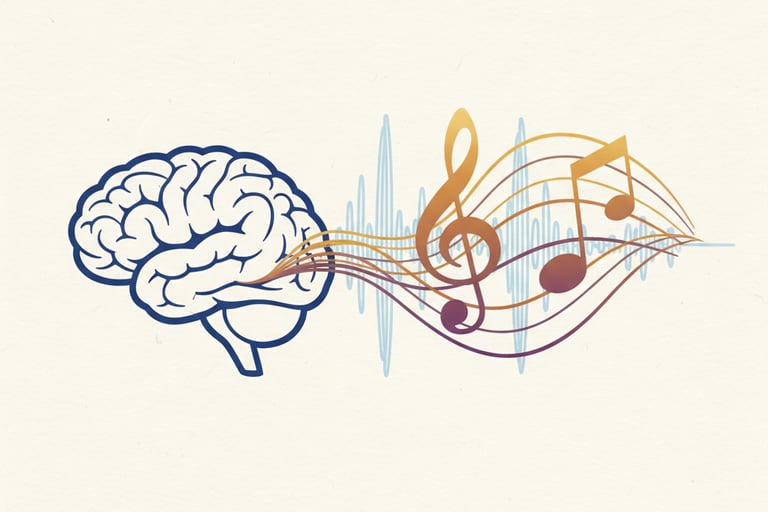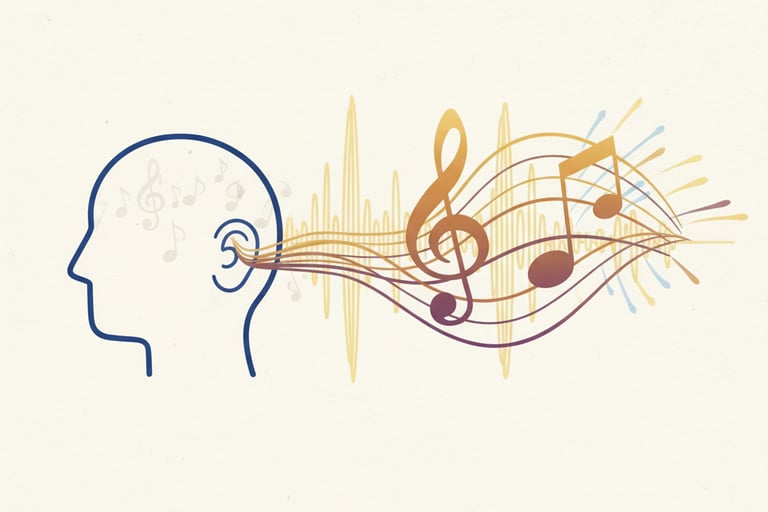Reviving the Past,
Inspiring the Present
Where Music Brings Memories to Life


Who we serve
Musical Memories Project™ is based in Memphis, Tennessee, and we proudly serve nursing homes, assisted living, and memory care communities in Memphis and its surrounding areas.
The following are the groups we serve:
Nursing Homes & Assisted Living Communities looking for enriching music programs.
Memory Care Units seeking activities that revive memories and lift spirits.
Musicians of All Ages who wish to give back by sharing music.




Our Services


At Musical Memories Project™, we bring the gift of familiar music to seniors, especially those living with memory loss. By performing songs from the past, we spark joy, awaken memories, and create moments of connection in nursing homes and memory care communities.
Live Recitals at Nursing Homes & Memory Care Units
Musicians of all ages perform well-loved songs from earlier decades — music that seniors recognize and cherish.
Programs include classical favorites, old-time popular tunes, gospel and hymns, or seasonal music.
Performances may be in groups or smaller settings to better engage residents.
What Can Music Do to Revive Memory?
Research has shown that music has a unique power to access memory, especially in individuals with Alzheimer’s disease and other forms of dementia. Unlike many cognitive functions, musical memory can remain preserved even when other types of recall are impaired.
Familiar songs activate emotional memory: Studies show that hearing music from one’s past can trigger vivid autobiographical memories and emotions, sometimes unlocking forgotten details of a person’s life.
Music reduces anxiety and agitation: Seniors with dementia often experience restlessness or distress. Listening to or engaging with music can calm these feelings and provide comfort.
Music enhances communication: Even when speech is limited, music can help individuals express themselves through singing, humming, or rhythmic movement.
Music fosters social connection: Group music activities encourage interaction, reduce loneliness, and create shared joy between residents, families, and volunteers.
Cited resource:
Sacks, O. (2007). Musicophilia: Tales of Music and the Brain. Vintage Books.
National Institute on Aging. (2021). Music and Art Can Spark Memories, Improve Well-Being for Older Adults.






Connect
Join us in creating musical memories.
Musical Memories Project™ All rights reserved.


